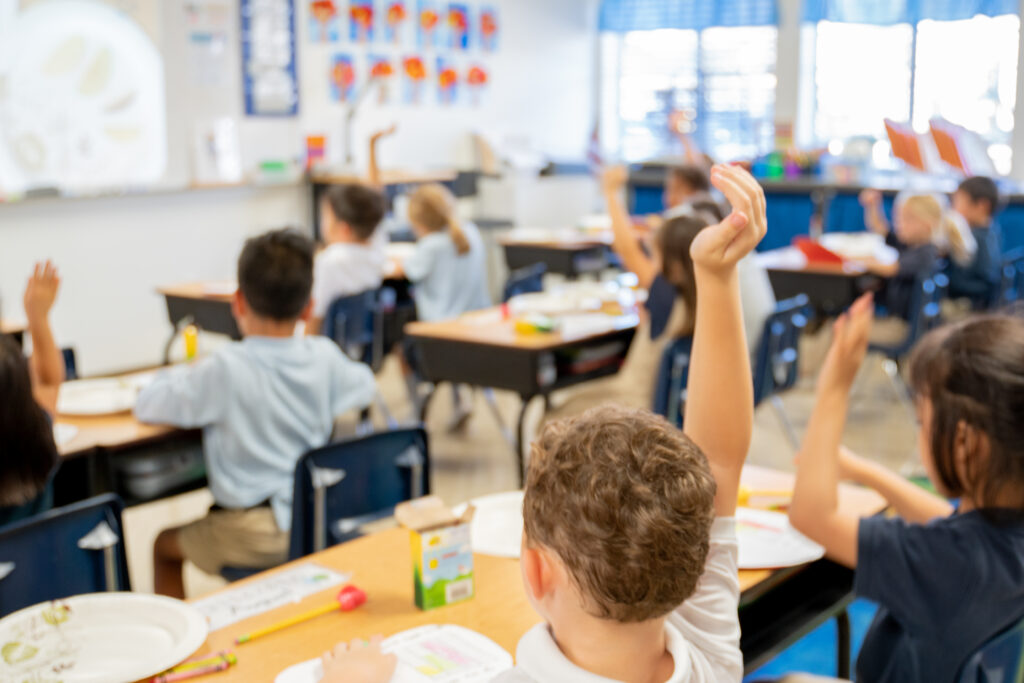
Introduction
In today’s rapidly evolving world, the demand for comprehensive student development that prioritizes emotional well-being is more prominent than ever. At The Cambridge School, we seek immersive methods to integrate social-emotional learning (SEL) into our curriculum, as a well-rounded education extends beyond academic knowledge. We carefully structure lessons to help students understand the intricacies of social situations while developing a strong foundation of emotional intelligence.
Teaching Students about their Social Selves | Social-Emotional Learning
Educating students about their social selves involves guiding them to explore and understand their individuality within the context of interactions and relationships. When a student develops an understanding of their own emotions, they can progressively attune themselves to the thoughts and intentions of those around them. Essential skills are developed through SEL, assisting in the navigation and regulation of complex social dynamics.
Essential Skills Development | Social-Emotional Learning
Perspective Taking: Inviting students to observe situations from multiple viewpoints enhances their ability to relate to others’ feelings and experiences. This skill is instrumental in developing strong social bonds and resolving conflicts effectively. The Cambridge School prioritizes acknowledging and valuing each student’s viewpoint, fostering an environment of understanding and support.
Self-awareness: Self-awareness encompasses the ability to recognize and comprehend one’s emotions, strengths, weaknesses, values, and motivations. By honing emotional recognition skills, students can comprehend their reactions and make informed choices to thrive both socially and emotionally.
Understanding the “Big Picture” | Social-Emotional Learning
By considering diverse viewpoints and examining their own emotional responses, students develop a heightened awareness of the relational threads that influence their interactions. Through this comprehensive lens, social landscapes are navigated with deeper empathy and a sincere sense of responsibility. SEL empowers students to look beyond their immediate surroundings and grasp the broader context that shapes their experiences.
Conclusion
Social-emotional learning develops a deeper understanding of the self and provides skills applicable both within and beyond the classroom. Understanding the concept of the social self and essential skills such as perspective taking, self-awareness, and understanding the “big picture” enhances the emotional intelligence and well-being of each student.
Resources
Schedule a tour to learn more about how we actively prioritize the emotional well-being of each student.
